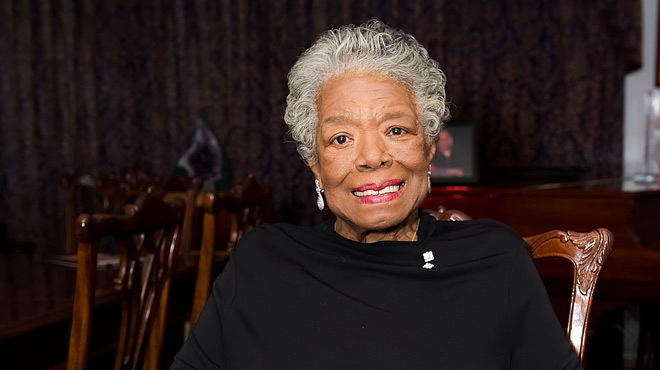
American Masters
Maya Angelou: And Still I Rise
The first feature film about Maya Angelou, an iconic writer who contributed to the 20th century's most pivotal social movements.
Marian Anderson triumphed over racial prejudice to become an international icon singing out for justice in the early days of the civil rights movement.


Rita Coburn Whack has produced the award-winning Maya Angelou Show on Oprah Radio, numerous Maya Angelou Black History Month Specials, and three Emmy Award-winning television documentaries airing on C-SPAN and the History Channel.
Learn more about funding opportunities with ITVS.
Born in Philadelphia in 1897, Marian Anderson, a granddaughter of slaves, triumphed over racial prejudice to become an international performer and an inspiration for America’s civil rights movement. Coming up through revered local church choirs, Marian’s transcendent voice reached far beyond Philadelphia. While the battle against “separate but equal” was just stirring in the U.S., the Rosenwald Foundation sponsored Marian’s musical studies abroad in late 1920s Europe. But when burgeoning fascist ideologies prohibited her from singing at the famed Salzburg Festival in Vienna, Austria, Marian Anderson became a figure of resistance.
Returning home to segregated America, Marian roused an integrated group of activists to challenge Jim Crow laws, leading her to deliver an iconic concert on the steps of the Lincoln Memorial to an unprecedented mixed-race audience of 75,000 Black and white people. As Marian exited the limelight, having once been the wealthiest Black entertainer in America, she struggled financially but gave back in any way she could to the community that birthed her talent. In later years, moved by her sensitivity to the international poor, she traveled the world as a goodwill ambassador, even receiving a United Nations Peace Prize. The strength she found rooted in family and community helped her overcome humiliation, prejudice, and financial hardship as she became a trailblazer for other Black musicians and a voice that sang out for justice.
We’ll send you funding deadlines, events, and film news.
Connect with us now at itvs@itvs.org.